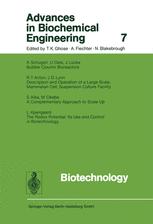- Joined
- Sep 21, 2018
- Messages
- 6,708
- Reaction score
- 7,189
In my world - free radicals oxidize things and the compounds you mentioned is known to be very strong oxidizer - that make me think that they are "stronger" active radicals (or create more of this sort) than H2O2, May @Randy Holmes-Farley tell us if I´m in the right world or notbecause I do not know for sure.
Sincerely Lasse
Sometimes reaction rate and free energy difference get mixed up (see table). H2O2 is the strongest oxidizer we discussed but does not act like it according to the ORP. Hydrogen peroxide is acting differently with the ORP probe than chlorine and permanganate. We just have not done the experiment yet to describe how it is acting differently.




















